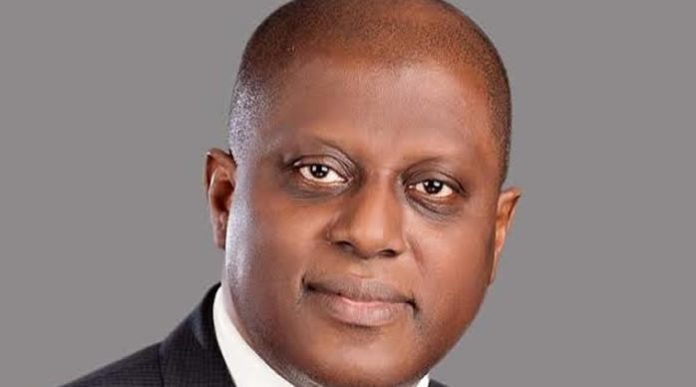Mr Olayemi Cardoso, Governor of the Central Bank of Nigeria, has justified the bank’s decision to raise the Monetary Policy Rate to 27.25 percent, calling it as a vital step toward controlling inflation and reducing surplus money in circulation. The apex bank issued a press statement on Sunday.
Speaking at the Harvard Club of Nigeria over the weekend, Cardoso highlighted that the rate hike, while difficult for borrowers, is critical to the country’s economic stability.
“Our decision to raise the Monetary Policy Rate to 27.25 per cent was a bold move. Higher interest rates, while painful for borrowers, are necessary to curb excess money in circulation and control inflation. Leadership is about making hard choices to secure long-term stability over short-term comfort in moments like these,” Cardoso said.
He stated that the CBN’s focus on key objectives, such as limiting inflation, restoring credibility, and increasing public trust in the financial system, is crucial to any meaningful recovery.
Cardoso made his remarks as he reflected on his one-year time as CBN governor. He emphasized that trust is at the heart of central banking, and without it, the efficiency of the bank’s initiatives would suffer.
The CBN Governor also stated that the establishment of the Electronic Foreign Exchange Matching System is a critical measure for increasing transparency and restoring market trust.
“Trust is the currency of central banking. If the public loses trust in the institution, the efficacy of its policies diminishes. Our decision to implement the Electronic Foreign Exchange Matching System is rooted in this understanding.
“By enhancing transparency and providing more accurate oversight of forex transactions, we send a strong signal that the CBN is serious about fair and efficient markets,” he said.
Cardoso also revisited the bank’s controversial decision to float the naira, a move that was met with public criticism.
He explained that the decision was necessary to bring the official exchange rate closer to market reality and reduce speculative trading.
He asserted that the move had started stabilising the currency markets and reducing speculative trading.
While the CBN has yet to fully achieve its inflation targets, Cardoso expressed optimism, citing recent reports from the National Bureau of Statistics (NBS), which showed inflation had begun to decline in July and August 2024. He acknowledged that the bank’s policies are gradually steering the economy in the right direction, though challenges remain.













